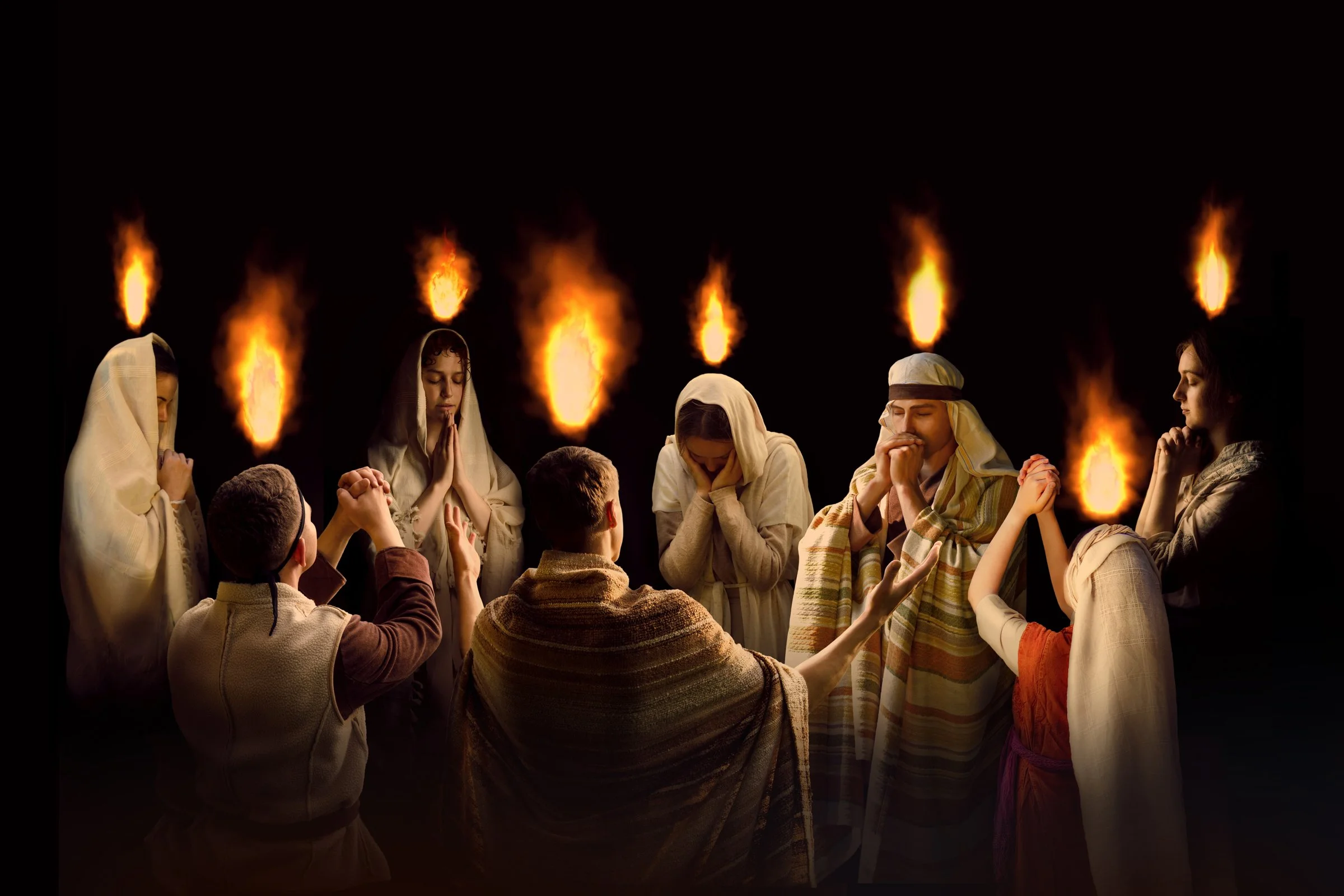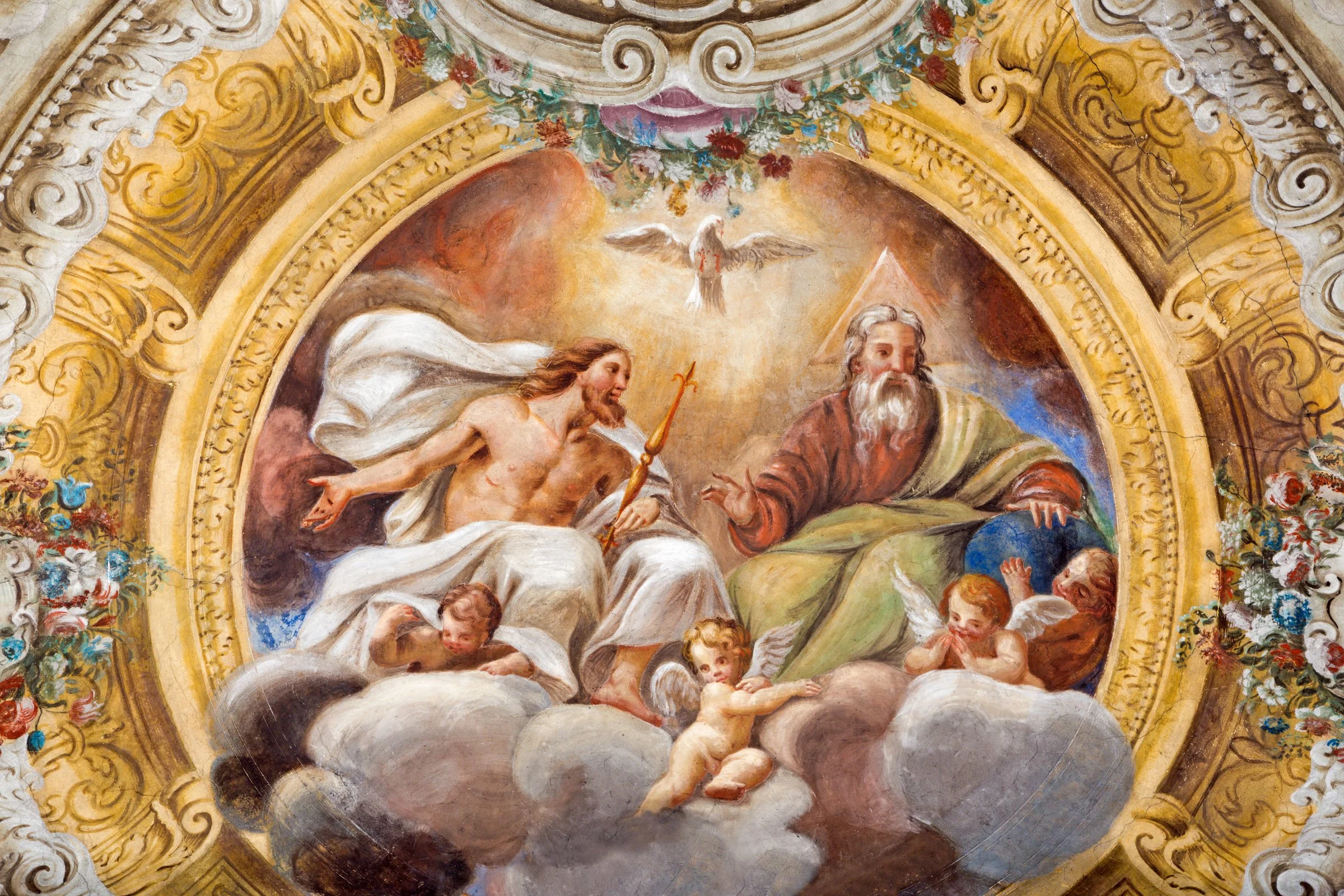Three chapters in the New Testament are dedicated to the gifts of the Spirit, and over one hundred references to Spiritual gifts. These gifts were promised to the church, as we read: “Behold, I send the Promise of My Father upon you” (Luke 24:49). And this promise was fulfilled on the Day of Pentecost, as we read: “And they were all filled with the Holy Spirit and began to speak with other tongues, as the Spirit gave them utterance” (Acts 2:4). The ministry work of the Apostles was marked by the supernatural, and they were given divine power to perform it. Sharing the Gospel, delivering people from bondage, and guiding them in faith and repentance require the Holy Spirit.
The Fruit of The Spirit
The fruit of the Spirit is the fruit of our character as we live a holy life dedicated to the Lord. It is the character of Christ produced by the Spirit of Christ within us and is the greatest treasure of the believer. We read: “The fruit of the Spirit is love, joy, peace, longsuffering, kindness, goodness, faithfulness, gentleness, self-control. Against such there is no law” (Galatians 5:22-23); “(The fruit of the Spirit is in all goodness, righteousness, and truth), finding out what is acceptable to the Lord” (Ephesians 5:9-10); “Now having been set free from sin, and having become slaves of God, you have your fruit to holiness, and the end, everlasting life” (Romans 6:22).
The Holy Spirit
After the resurrection of Jesus, He appeared to the disciples, saying, “Peace to you! As the Father has sent Me, I also send you. And when He had said this, He breathed on them, and said to them, ‘Receive the Holy Spirit’” (John 20:21-22). Fifty days later, on Pentecost (Shavuot), Jesus told His disciples: “You shall receive power when the Holy Spirit has come upon you; and you shall be witnesses to Me in Jerusalem, and in all Judea and Samaria, and to the end of the earth” (Acts 1:8). Notice the Holy Spirit came in two forms: first in peace—the fruit of the Spirit. And then in power—the baptism of the Holy Spirit.
The Works of Christ
Jesus said: “My Father has been working until now, and I have been working” (John 5:17); “I must work the works of Him who sent Me while it is day; the night is coming when no one can work” (John 9:4). Christ’s work of salvation is evident. God Himself, in the Person of His only Son, visited the creation to redeem out of it a people for His own possession. But Christ is more than just our Savior. He is our Prophet, Priest, and King. Each of these in the Old Testament was anointed into their offices with oil, symbolic of the Holy Spirit.
The Persons of The Trinity
In the Old Testament, there are plural names and pronouns for God. For example, the names Elohim and Adonai or plural. Some scholars claim this plurality relates to “a plurality of majesty.” However, in Genesis, we read: “Let Us make man in Our image, according to Our likeness” (Genesis 1:26). Notice the plural pronouns. Others are found in Genesis 3:22 and 11:7. In Isaiah, we read: “I heard the voice of the Lord [Adonai], saying: Whom shall I send, and who will go for Us?” (Isaiah 6:8). This verse acknowledges the oneness and unity of God, but also incorporates God’s plurality, inferring plurality in unity.
The Works of God
Scripture is clear regarding God’s Divine purpose in the creation. He is omniscient and knows every detail of humanity and the nations from the beginning through the end. All God’s works are sovereignly governed according to His plans and purposes. As we read: “God reigns over the nations; God sits on His holy throne” (Psalm 47:8); “Declaring the end from the beginning, And from ancient times things that are not yet done, Saying, 'My counsel shall stand, And I will do all My pleasure,' Calling a bird of prey from the east, The man who executes My counsel, from a far country. Indeed I have spoken it; I will also bring it to pass. I have purposed it; I will also do it” (Isaiah 46:10-11).
The Attributes of God
God’s attributes include His self-existence, immutability (unchanging), eternality, omnipresence (everywhere), omniscience (all-knowing), omnipotence (unlimited), and sovereignty (all-ruling power). God’s attributes are one with and in complete unity with Him. While God is limitless, He has chosen to restrain His will, giving humanity a degree of “free will.” This is the great mystery and the seeming paradox of God’s absolute sovereignty versus His limited will.
The Names and Nature of God
To understand God’s nature, attributes, and works, we begin by studying the names of God. Names are so important to the Lord that He dedicated an entire chapter in the book of Exodus called Shemot (names). We read, “Now these are the names of the children of Israel who came to Egypt” (Exodus 1:1). Names have meaning, and they have power. It says, “Then God said, ‘Let there be light’; and there was light” (Genesis 1:1), for the Lord God created the universe by His spoken word. And names have authority. We read, “What a word this is! For with authority and power, He commands the unclean spirits, and they come out” (Luke 4:36).
The Knowability and Existence of God
Theology is the study of God and His relationship with the creation. In Christianity, theology takes on a specific form and system, creating the basis for studying religious Christian doctrines and matters of divinity. It may describe the study of biblical truth or represent the study of God Himself, including His existence, nature, names, attributes, and works. While theological topics have varying and seemingly conflicting opinions, the core tenants of Christian theology hold true to nearly every church and denomination.










